VW ID.7 Pro 210 kW electric RWD automatic
2024
98%
10.0
10
Clean Air Index
9.6
10
Energy Efficiency Index
9.8
10
Greenhouse Gas Index
| Laboratory Tests | NMHC | NOX | NH3 | CO | PN | |
|---|---|---|---|---|---|---|
| 10.010 | Cold Test | |||||
| 10.010 | Warm Test | |||||
| 10.010 | Highway | |||||
| 10.010 | Cold Ambient Test | |||||
| Road Test | ||||||
| 10.010 | On-Road Drive | |||||
| 5.05 | On-Road Short Trip | |||||
| 8.08 | On-Road Heavy Load | |||||
| 5.05 | On-Road Light Load | |||||
| 2.02 | Congestion | |||||
| Laboratory Tests | Energy | |||
|---|---|---|---|---|
| 10.010 | Cold Test | 15kWh100 km | ||
| 10.010 | Warm Test | 16.1kWh100 km | ||
| 9.610 | Highway | 23.0kWh100 km | ||
| 9.010 | Cold Ambient Test | 27.3kWh100 km | ||
| Consumption | Driving Range | |||
| Average | 18.0kWh100 km | 491km | ||
| Worst-Case | 27.3kWh100 km | 313km | ||
| Greenhouse Gases | CO2 | N2O | CH4 | |
|---|---|---|---|---|
| 10.010 | Cold Test | |||
| 10.010 | Warm Test | |||
| 10.010 | Highway | |||
| 9.510 | Cold Ambient Test |
Specifications
- Tested Car WVWZZZED3RE50XXXX
- Publication Date 03 2024
- Vehicle Class Large Family Car
- Emissions Class Euro AX
- Tyres 235/50R19 | 255/45R19
- Mass 2,139 kg
- System Power/Torque 210 kW/545 Nm
- Declared Battery Capacity 77.0 kWh
- Declared Driving Range Overall 611 km City 755 km
- Declared Consumption 14.4 kWh/100 km
- Heating Concept PTC & Heat pump




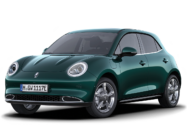

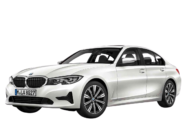
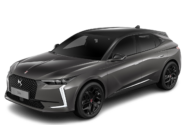
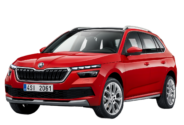

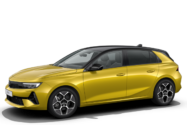










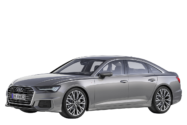
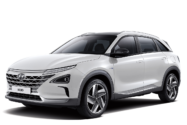

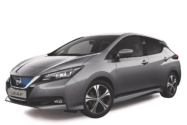
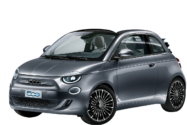




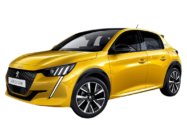





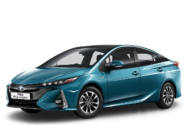

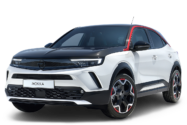
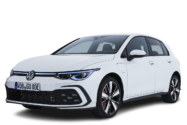




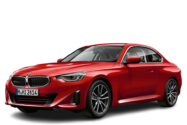













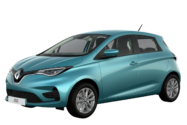



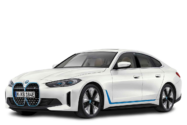


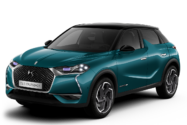
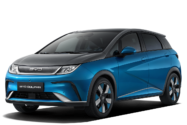


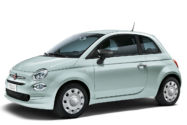

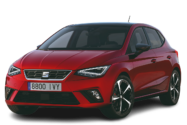
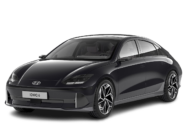

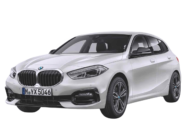


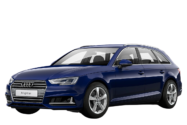

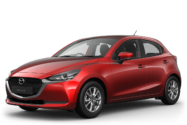

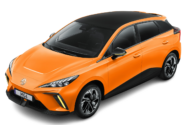























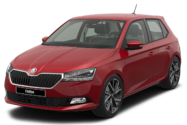
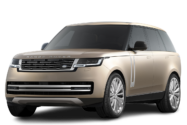

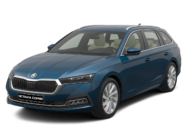

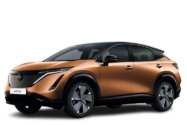



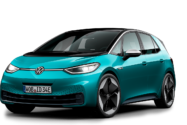
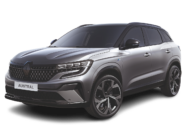






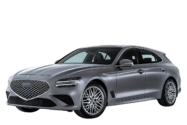





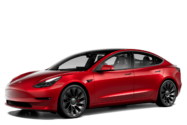
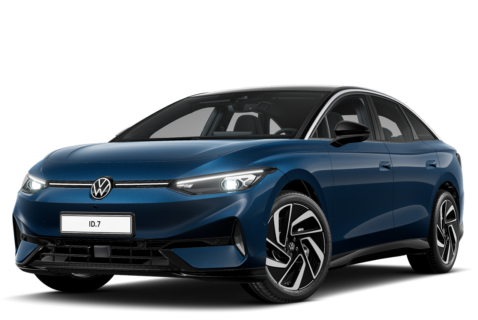
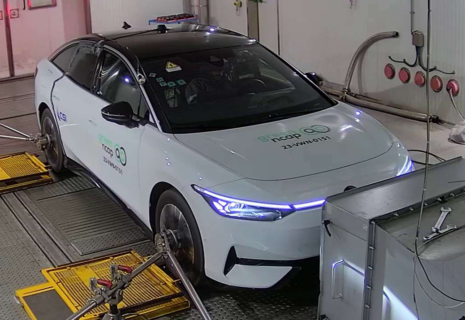
Our verdict
The ID.7 is a 4-door saloon with 5 seats, with an empty mass of 2,139 kg and a declared usable battery capacity of 77 kWh. The real wheel drive vehicle offers 210 kW of power and 545 Nm of torque. Despite its high mass, the good efficiency values of the ID.7 can be attributed to an aerodynamic body design, efficient powertrain and well managed heating system. The vehicle delivers a driving range of about 506 km in the real-world On-Road Drive, and 370 km in Highway driving with full power accelerations and 130 km/h maximum speed. As a worst case, a range of 313 km is calculated based on the consumption measured in a single WLTC lab test at -7°C without intermediate charging and with fast cabin heat-up and a comfortable cabin temperature. In reality, a single long drive would exceed this range as the cabin temperature would need to be warmed from -7°C only once. The test vehicles start the Cold Ambient Test after soaking at -7°C and the ID.7 reaches a cabin temperature of 18°C after 2.5 minutes. Green NCAP determined an available battery capacity of 77.2 kWh, which matches perfectly with the officially declared value.
Overall, the Volkswagen ID.7 impresses with an Average Score of 98% and gets a thoroughly well-deserved 5 Green Stars.